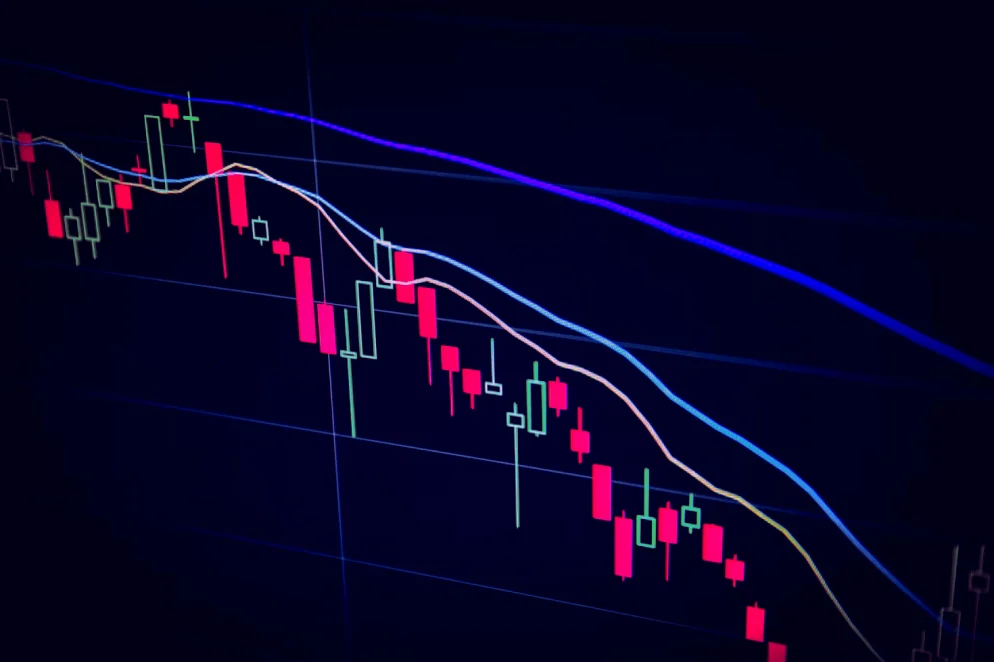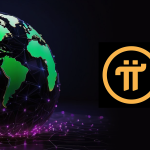You can find the Shariah analysis for trading a specific token in the list on the main page. However, we need to make a clarification. Today the common meaning of the word “trading” is closer to speculations and gambling rather than to the process of buying/selling itself, which has been the case for the most part of history. In that process both sides benefit from the transaction/exchange and agree for it. However, today’s market has more nuances, including Federal Reserve policy, market manipulation by major players, world politics, etc.
In this context day-to-day or even week-to-week trading is closer to gambling, where the same group of people are buying and selling assets to each other on the market, trying to predict the closest future price for the asset and to play out the bigger players on the market. This can turn out in the loss of capital for the majority of players due to emotions, rash decisions and lack of experience. We do not recommend for one to try to gain short term profits from trading on one’s own.
A more secure approach is to consistently invest a portion of your income over the long term by purchasing crypto assets and averaging down your positions during price declines.
On the contrary, people might ask “What is the difference between buying and selling everyday and once in a year? It is the same action”. Yes, we cannot put exact time limits for this process. However, because of the complexity of the market, we say that it goes down to intention.
We cannot categorically state that crypto trading is impermissible, as there is no clear boundary. Technically, it is simply a matter of buying and selling. However, we must also be mindful of other factors, including who is purchasing my asset on the other side and including the natural market growth resulting from an increasing number of participants drawn in by the potential of decentralization. In the long run, this factor still has an impact, despite the considerations mentioned above.
We conclude this topic with the statement of Zokir Ibragimov – the founder of Ethical Node platform and AAOIFI Certified Shari’ah Advisor and Auditor, MBA, Entreprenuer:
“Opinions in the Muslim world are divided regarding the permissibility of trading. If a trader is skilled, has significant experience, and stable results, and trades according to Shariah norms—without margin trading, futures, etc.—then I believe there would be no sin in using their services.
But my opinion in principle remains unchanged: trading walks a fine line next to gambling speculation, which is very dangerous for most people. However, in matters where there is ikhtilaf (disagreement) among scholars, I do not try to force my opinion vehemently. I believe it is essential to adhere to one of the main principles in fiqh, which is that the default is permissibility.
Allah knows best.”
Recent Posts
-
Uniswap ($UNI) – Shariah Compliance
May 18, 2025 Blogs -
Pi Network ($PI) – Halal or Haram?
March 29, 2025 Blogs -
Eigenlayer – Halal or Haram
March 15, 2025 Blogs -
$TRUMP – Halal or Haram?
February 27, 2025 Blogs -
Meme Coins: Halal or Haram?
February 23, 2025 Blogs -
Is Ehtereum staking Halal?
February 18, 2025 Blogs






